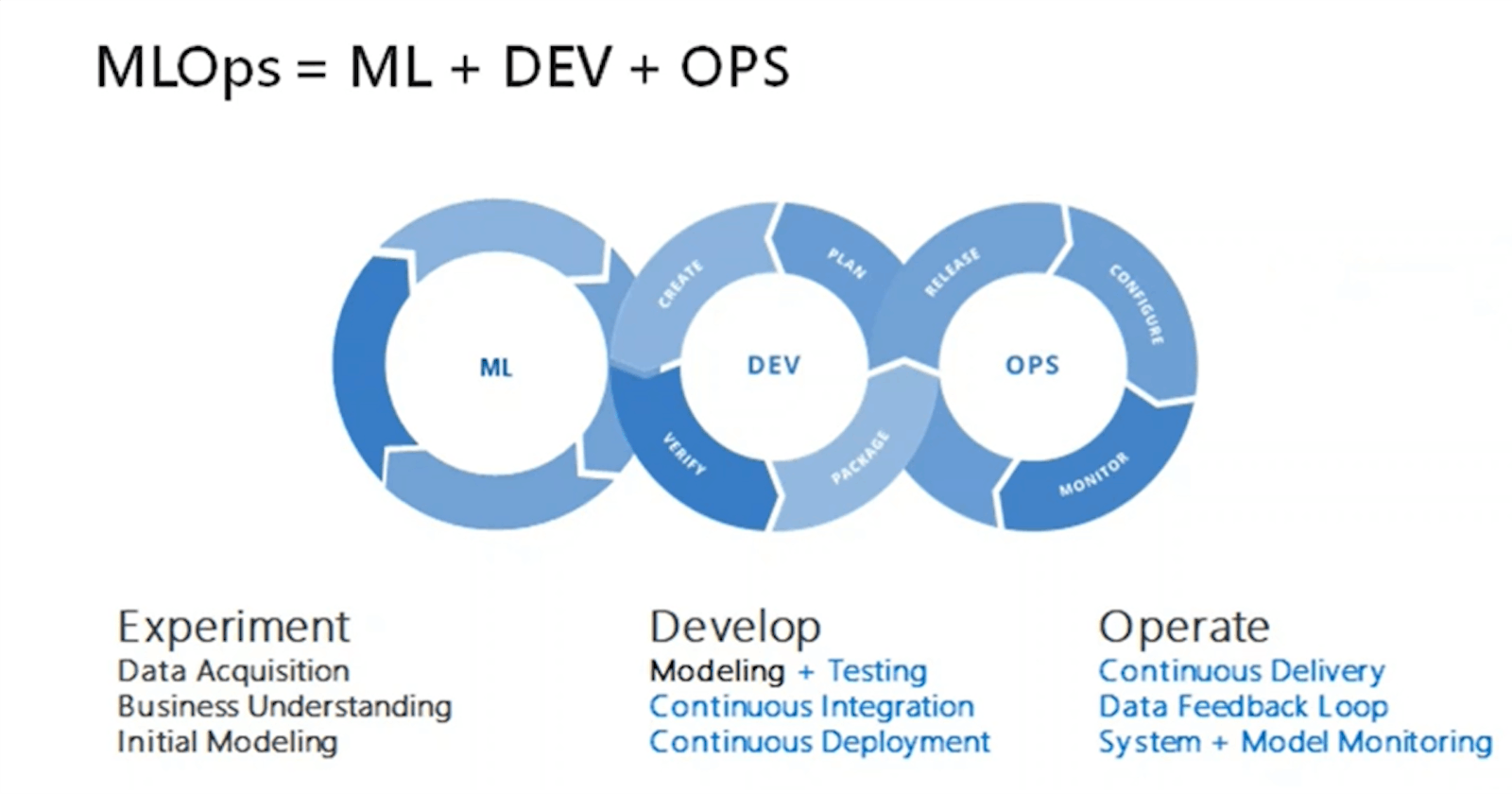DevOps for Machine Learning: Challenges, Best Practices, and Tools
Streamlining the ML Development Process with DevOps Automation, Infrastructure as Code, and CI/CD
Introduction
Machine learning (ML) is rapidly becoming a critical part of many industries, from healthcare to finance to manufacturing. However, building and deploying ML models can be a complex and time-consuming process, requiring close collaboration between data scientists, software developers, and operations teams. That's where DevOps comes into the picture. DevOps practices can help streamline the ML development process, from data preparation to model training to deployment and maintenance. In this blog, we'll explore the challenges of implementing DevOps for ML and best practices for overcoming them.
Challenges of DevOps for Machine Learning
Data management: ML models rely heavily on data, and managing that data can be a challenge. Data scientists need to be able to access and manipulate data easily, while also ensuring its quality, consistency, and security. DevOps teams need to provide a secure and scalable infrastructure for storing, processing, and analyzing large volumes of data.
Model training and version control: ML models require training on large datasets, which can be time-consuming and resource-intensive. Version control is also critical for ML models, as changes to the data or code can affect the model's performance. DevOps teams need to provide an automated pipeline for model training and version control, enabling data scientists to iterate quickly and deploy models with confidence.
Deployment and monitoring: Deploying ML models in production can be challenging, as it requires collaboration between data scientists, developers, and operations teams. DevOps teams need to provide a seamless pipeline for deploying ML models, ensuring that they are scalable, reliable, and secure. Monitoring and logging are also critical for ML models, as they need to be able to detect and respond to issues in real time.
Best Practices for DevOps for Machine Learning
Collaboration and communication: Collaboration and communication are critical for DevOps for ML. Data scientists, developers, and operations teams need to work closely together to ensure that ML models are developed, tested, and deployed efficiently. Clear communication channels and workflows should be established to ensure that everyone is on the same page.
Automation: Automation is essential for DevOps for ML. Automating the pipeline for data preparation, model training, and deployment can help reduce manual errors, speed up the development process, and improve quality. Automation tools such as Jenkins, GitLab CI/CD, and Kubeflow can help streamline the ML development process.
Infrastructure as Code (IaC): Infrastructure as Code (IaC) is an essential practice for DevOps for ML. IaC allows for the automation of infrastructure provisioning and configuration, making it easy to set up and manage environments for ML development and deployment. Tools like Terraform, Ansible, and Chef can help you manage infrastructure as code.
Continuous integration and delivery (CI/CD): Continuous integration and delivery (CI/CD) is critical for DevOps for ML. A well-designed CI/CD pipeline can help automate the ML development process, allowing for fast and frequent deployments. It can also help ensure that ML models are tested thoroughly before they are deployed in production.
Monitoring and logging: Monitoring and logging are essential for DevOps for ML. Tools like Prometheus, Grafana, and ELK stack can help you monitor and visualize ML model performance and detect and respond to issues in real time. Logging can help you keep track of changes and debug issues quickly.
Conclusion
DevOps for machine learning is a complex process that requires collaboration between data scientists, developers, and operations teams. By implementing best practices such as automation, IaC, CI/CD, and monitoring, you can streamline the ML development process and improve the quality and reliability of ML models.

